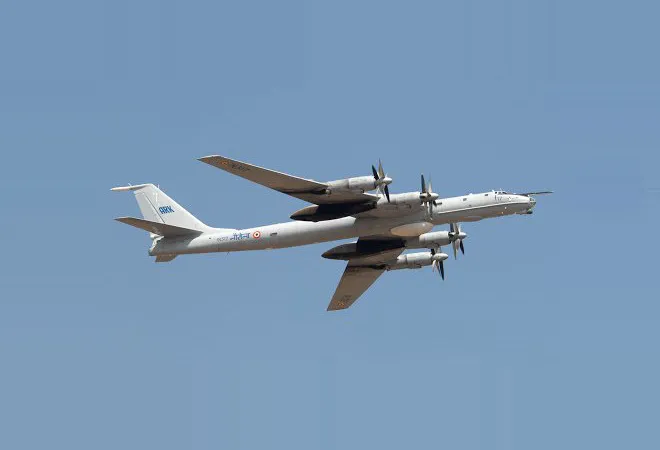-
CENTRES
Progammes & Centres
Location
Critics of the aircraft carrier fail to appreciate the political objectives that maritime power is meant to further

Read also | < style="color: #960f0f">The changing face of maritime terrorism
This is not to say all criticism of the navy’s modernization plans is invalid. The move to induct modern air carriers and other costly platforms has indeed imposed a huge financial burden on the state, slowing investment in other key areas of military development. Yet, the suggestion that air power must substitute naval aviation is patently misplaced, as the air force has shown itself to be an unreliable source of tactical action at sea. It does provide a measure of fleet support but is incapable of crisis response in the far littorals. As Iyer-Mitra sees it, India might be repeating the “mistakes” of sea-power proponents Alfred Tirpitz and Sergei Gorshkov, who in his opinion contributed significantly to the fall of Wilhelmine Germany (1890-1914) and post-Cold War Soviet Union by ignoring the economics of naval modernization. That assessment is again wide off the mark. Admiral Gorshkov’s singular achievement was that he resisted the temptation to play the near-game with the US navy. By patiently working towards long-term strategic objectives in the post-Khrushchev era, he transformed the Soviet navy from a submarine-dominated force with a coastal and defensive orientation into a blue water fleet that had strategic strike, power projection, and global presence. Gorshkov’s impact on the Russian naval establishment was enduring and continues to this day.Read also | < style="color: #960f0f">Future technologies for the Indian Navy
Similarly, German admiral Alfred von Tirpitz’s folly in the years leading up to World War I wasn’t thoughtless profligacy, but his attempts to build a navy on the cheap—a tactic that lowered the operational efficiency of Germany’s maritime combat power (and one Iyer-Mitra incorrectly recommends for India). Tirpitz’spreoccupation with the “quantity over quality” logic saw him ordering large numbers of battleships that were neither as capable nor versatile as their Royal Navy counterparts. The price for economising the war-building effort was the eventual defeat of the Imperial German Navy. It was beaten roundly by the Royal Navy which refused to cut corners in the name of fiscal prudence. The message inherent in the German debacle is that a maritime strategy motivated solely by considerations of economics and short-term tactical gain is a largely defeating enterprise, not least when it violates established cannons of naval doctrine. The real dilemma for India’s maritime planners is that their mission set of raising fighting efficiency and interdiction potential in the near-littorals is constantly in competition with the broader strategic objective of expanding regional political influence. The navy’s deployment plans must deter adversaries, but also establish a visible footprint in the far seas to project ambition and influence through presence operations. If particular aspects of the maritime blueprint are found to be lacking—as indeed is the case with the limited success of the MiG-29K aircraft—the navy cannot discard its broader strategy in favour of an ad-hoc plan built around particular assets of relative operational superiority. Indian naval power in the Indian Ocean region would be robbed of its vitality if the aircraft carrier is replaced with a few more destroyers, corvettes and shore-based air power—regardless of the latter’s perceived tactical advantages in battle. As Gorshkov noted in his thought-provoking and intellectually stimulating treatise The Sea Power Of The State, ideas on the deployment of maritime power need to be grounded in the logic of geopolitics and long-term state interests, and not on any contingent assessments of imminent needs.This commentary originally appeared in Live Mint.
The views expressed above belong to the author(s). ORF research and analyses now available on Telegram! Click here to access our curated content — blogs, longforms and interviews.

A former naval officer Abhijit Singh Visiting Fellow at ORF. A maritime professional with specialist and command experience in front-line Indian naval ships he has been ...
Read More +